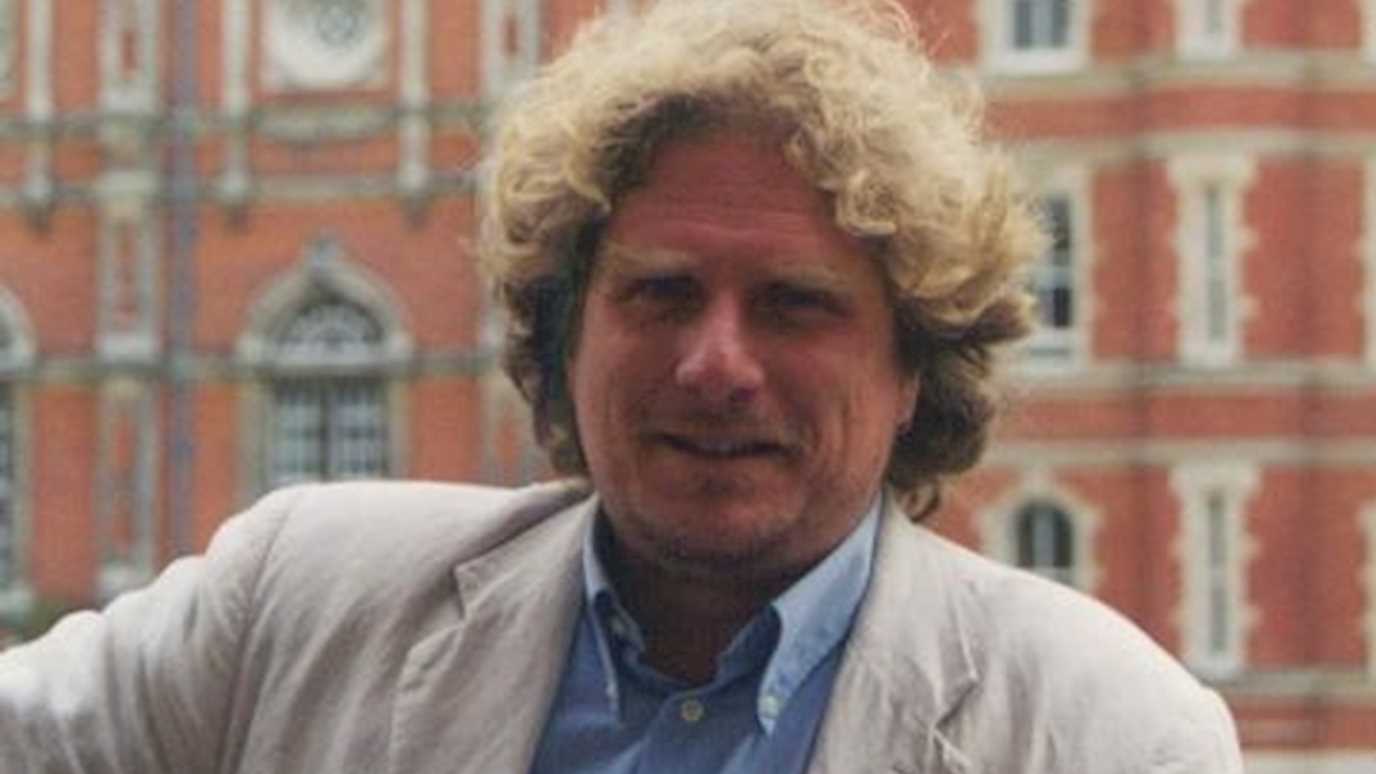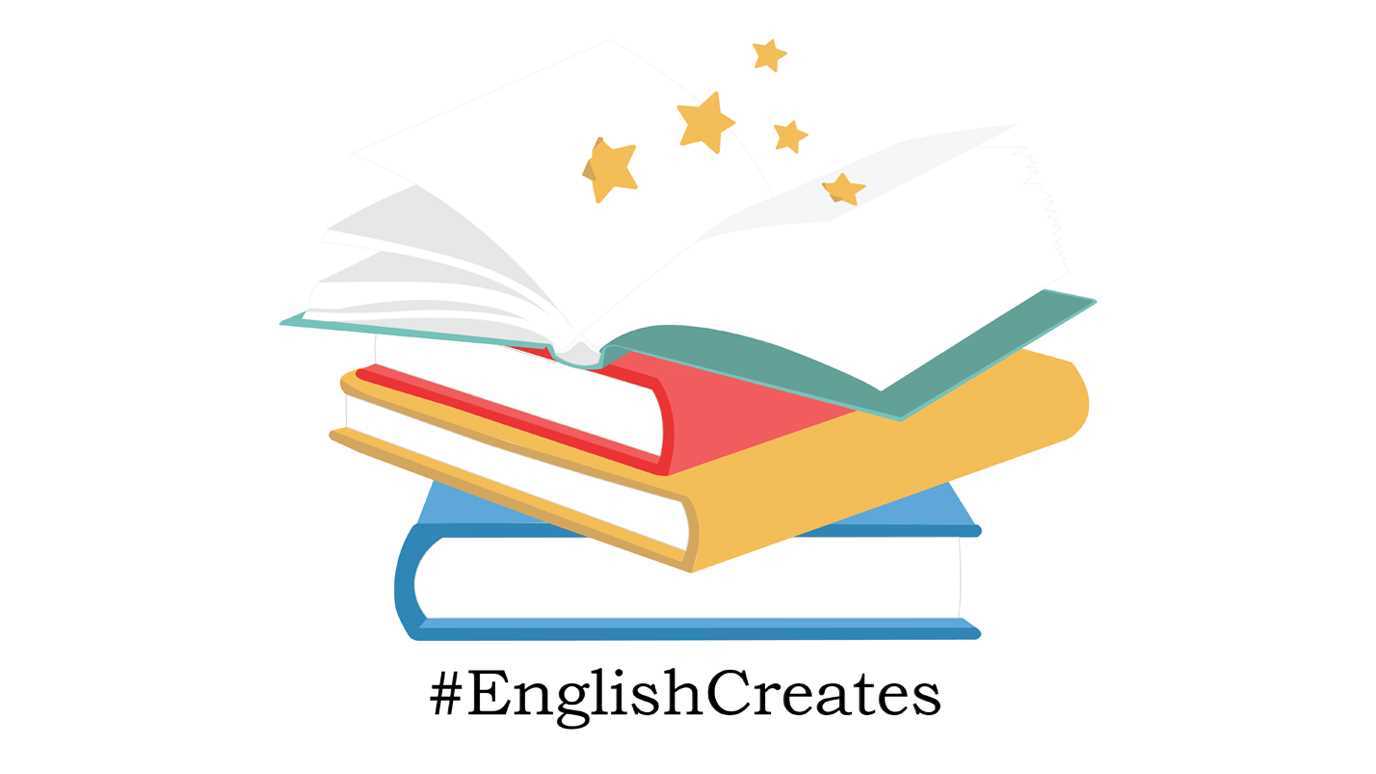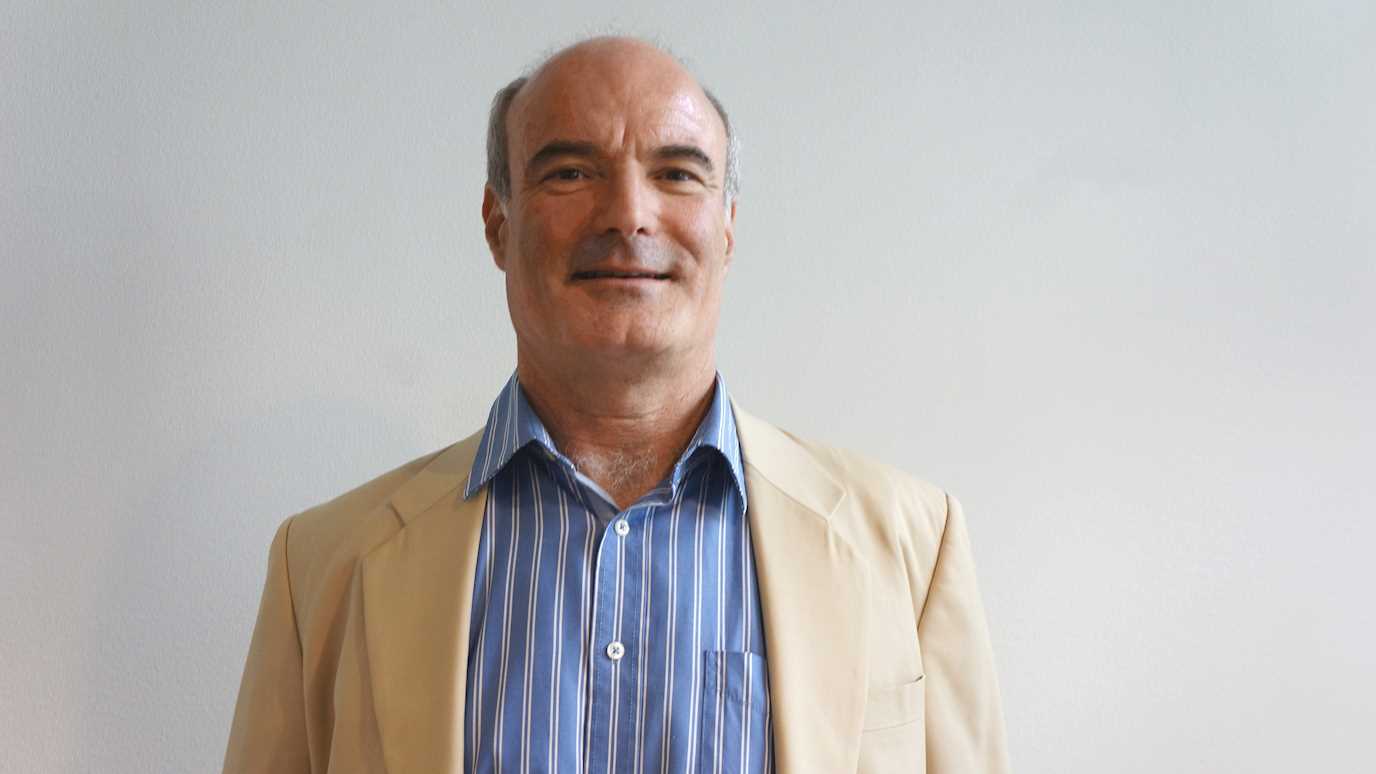It is with great sadness that we share the news of the death of Professor Justin Champion.

Professor Champion, husband, father, brother, friend, colleague, tutor, mentor, scholar and former Head of Department for History, was one of his generation’s most significant thinkers: a man of great intellect, prodigious talent, huge scholarly significance and one of the first of the country’s public historians.
While deeply immersed in the past, Professor Champion was a man ahead of his time. Throughout his career, he used his charismatic presence to make the case for the importance of scholarship to be communicated outside of academia, and for history to be used to mobilise, empower and engage a wider public.
Justin was born in Gloucester where his father worked for the Gloster Aircraft Company as a designer. He was not very old when his father won a Workers’ Educational Association scholarship to Cambridge where, at King’s College, he read English, became President of the Junior Common Room and had dons as friends.
This experience left Justin with both an admiration for academic pursuits and a healthy scepticism for academics themselves. After Cambridge Justin’s father took up a teaching post at La Sainte Union, Southampton. Justin was sent to that fine Tudor foundation, The King Edward VI School. There, he was fortunate to be taught by gifted school masters, who opened his eyes to poetry, art and matters beyond the curriculum. It was, he says, an Alan Bennett ‘History Boy’s’ experience.
After Southampton, Justin went to Churchill College, Cambridge, chosen because the brilliant historian of medicine and science, Roy Porter, was a fellow. Unfortunately, Porter left as Justin arrived, but he found other sources of inspiration.
In 1983, he began the research on the English Enlightenment, aspects of which have been the major occupation of his life ever since. So much did he enjoy the life of the mind that it took him six years to complete his PhD. In 1989 Justin went to the Institute of Historical Research in London where in its Centre for Metropolitan History he worked on plague and became expert in statistics. In 1990 he followed his father to La Sainte Union, being appointed Lecturer in Early Modern History.
In 1992, Justin joined Royal Holloway, University of London. He stimulated undergraduates with his challenging approach to conventional thinking and attracted many research students.
Justin published two monographs, three editions, and fifty essays. His first book was 'Pillars of Priestcraft Shaken: The Church of England and its Enemies, 1660-1730'; and the second 'Republican Learning: John Toland and the Crisis of Christian Culture, 1696-1722'.
His domain might be characterised as 'civil religion and the republic of letters' in the Early Enlightenment ... or should that be, in the Late Reformation? A co-edited edition of Hobbes on Heresy and Church History, will appear posthumously.
In recent months he was working with customary enthusiasm on a new project on the eighteenth-century republican and bibliophile Thomas Hollis. A Festschrift is in preparation, under the editorship of two former doctoral students Katherine East and Alex Barber, to be published by Boydell. Justin knew that this was under way.
As Head of the Department for History from 2005 to 2010 he established the MA in Public History, the first to run in the United Kingdom. He also led the College’s Magna Carta 2015 activity, and played a key role in Royal Holloway winning substantial Leverhulme funding to establish its Magna Carta Doctoral School.
Justin appeared regularly on radio and television, and was a frequent contributor to Melvyn Bragg’s BBC Radio 4 ‘In our Time’. A programme on the Great Plague won a Royal Television Society Award in 2001.
Justin served as President of the Historical Association, the national 'voice for history', from 2014 to 2017.
As President, he pushed hard in support of Black history and he lobbied passionately to raise awareness of the desperate need for more Black historians, both in schools and in universities.
In 2017, he talked about his interest in Black history and the importance of celebrating Black History Month. In 2018, he was awarded the Medlicott Medal for outstanding services to History, which goes to some of the most distinguished historians at work today. On receiving the award, he gave a powerful lecture entitled ‘Defacing the Past or Resisting Oppression?, in which he discussed removing or altering statues as well as the place of public art depicting controversial historical figures and past deeds. As the Historical Association later put it, Justin’s talk took his audience on a tour of statues from those that had been defaced to others that had been updated, all, “with the aim of exploring what the past and its physical representations can mean to current societies.”
Justin was diagnosed with brain cancer in 2014 and, until very recently, was very active in the department continuing his research and the supervision of his PhD students. He died on 10 June, at the Princess Alice Hospice in Esher, aged 59.
























